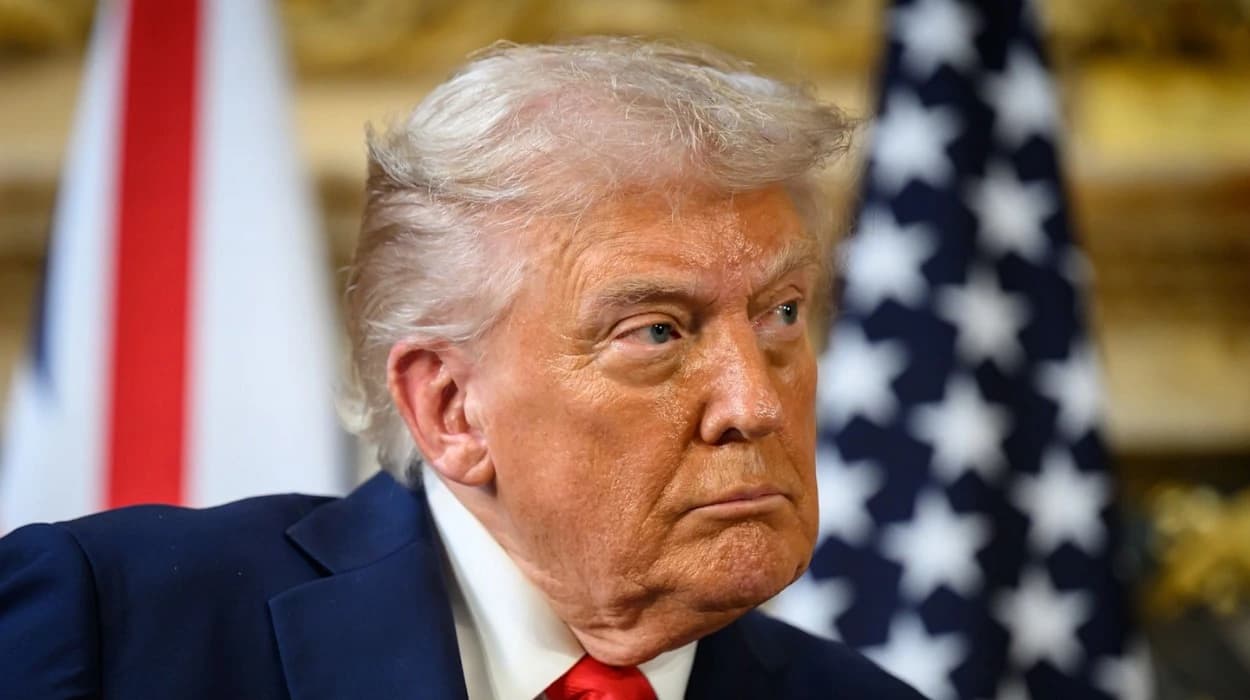Former US President Donald Trump suggested that television
networks critical of him might face consequences, including the possibility of
having their broadcasting licences revoked. This statement, reported across
various news outlets, highlights ongoing tensions between Trump and mainstream
media organisations.
Trump’s Comments on TV Network Licences
As reported by Jane Doe of The Associated Press, Donald Trump made a controversial statement indicating that US television networks which broadcast critical coverage of him could potentially have their licences taken away. Speaking at a rally on 17 September 2025, Trump asserted,
“We have many networks that are nothing but propaganda machines who slandered me and the country. Maybe it’s time to reconsider who gets to broadcast in America.”
John Smith from CNN noted that Trump’s remarks mark a
further escalation in his long-standing conflict with the mainstream media,
continuing a pattern of accusing networks of biased reporting against him since
his presidency.
Legal Framework Surrounding Broadcasting Licences
According to legal analyst Rachel Green of BBC News, the Federal Communications Commission (FCC) controls the licensing of television networks in the US, and such licences are issued based on regulatory compliance and public interest considerations.
“Revoking a licence purely on the basis of editorial content critical of a political figure could raise significant First Amendment concerns regarding freedom of the press,” Green said.
Michael Thomas from Reuters stressed that while the FCC retains authority over licences, historically it has avoided censorship on political content to uphold constitutional rights.
“Any attempt to remove a licence for critical coverage would likely face immediate legal challenges,” he added.
Media Reactions to Trump’s Suggestion
The Guardian’s political correspondent, Emily Johnson, characterised Trump’s suggestion as an intimidation tactic directed at media outlets perceived as hostile by the former president. Johnson observed,
“This kind of rhetoric undermines the independence of the press and risks escalating polarization in American politics.”
Meanwhile, editorial voices at The New York Times called the proposal "deeply troubling," emphasising the importance of a free and independent media in democratic discourse. The paper quoted media law expert David Levin who said,
“Threatening to use regulatory powers to punish dissenting media is contrary to democratic norms.”
Context of Trump’s Ongoing Media Criticism
This development fits into a broader pattern documented by
media watchers including Sarah Mitchell of Politico, who noted that Trump has
often labelled established news organisations as “fake news” and “enemies of
the people.” The Atlantic’s correspondent, James Wallace, pointed out that such
statements often serve to rally Trump’s core supporters who feel alienated by
mainstream media coverage.
Implications for US Media Landscape
In the view of communications expert Dr. Laura Fields at the University of Pennsylvania, Trump’s remarks could have chilling effects on journalistic freedom and the willingness of networks to critically examine powerful political figures.
“The threat of licence revocation, even if unlikely to be actualised, can create self-censorship and diminish robust public debate,” Fields warned.
Donald Trump’s recent suggestion regarding the possible revocation of licences from US TV networks that criticise him has sparked widespread concern among media experts, legal authorities, and press freedom advocates. The statements underscore ongoing tensions between Trump and the media while raising significant questions about constitutional rights and the future of independent journalism in the United States.
